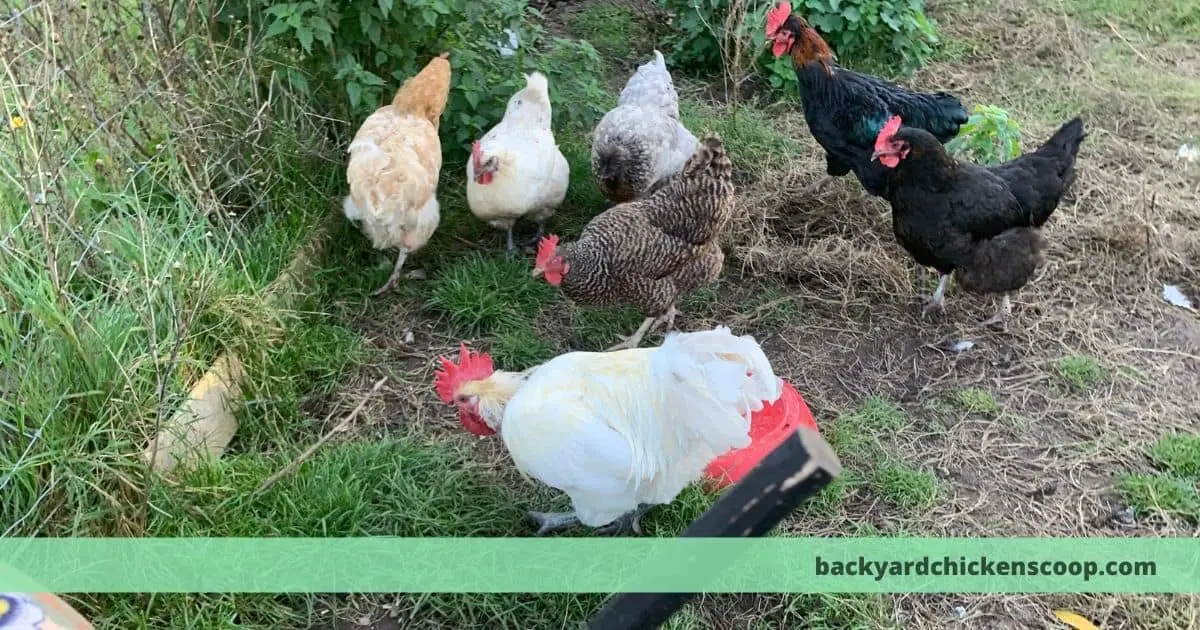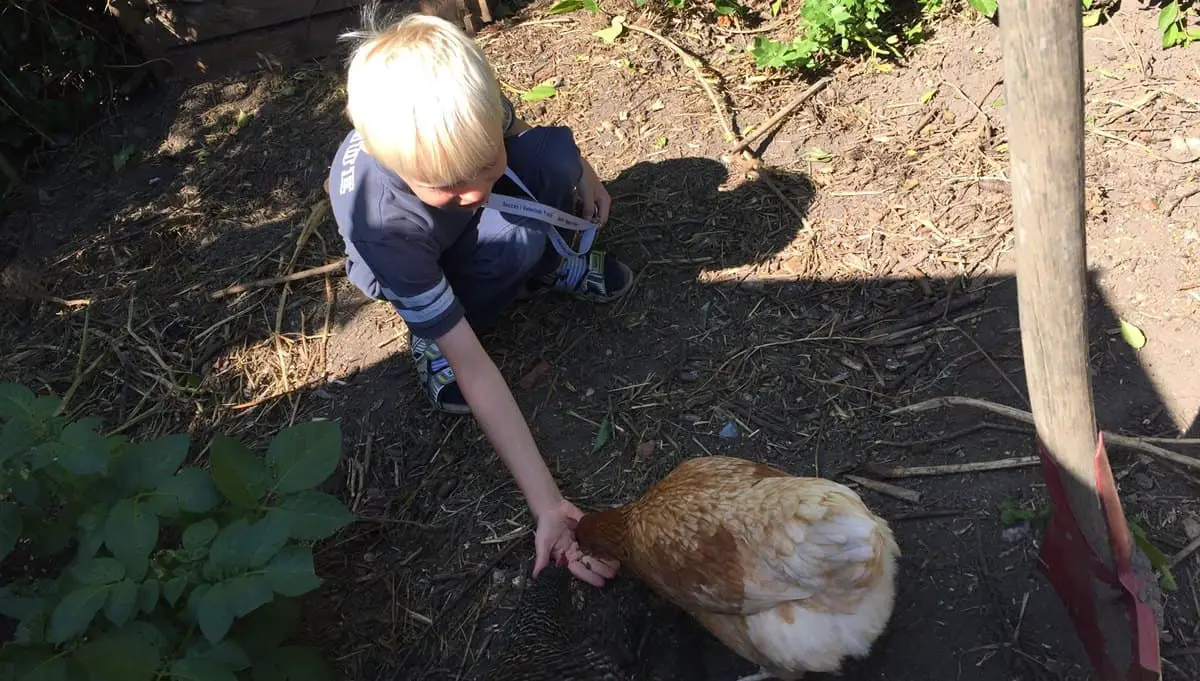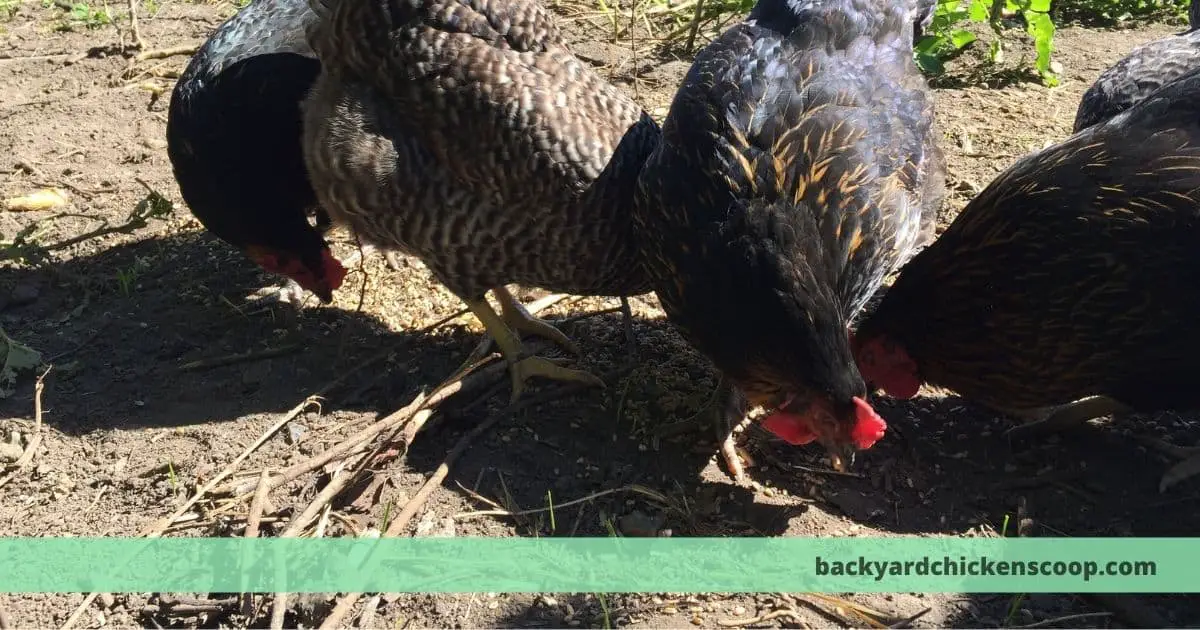With the rising demand for poultry products and a heightened awareness of environmental impacts, the question arises: How sustainable is our chicken farming? As someone who enjoys the company of pet chickens in my backyard, I’ve always been curious about the broader world of poultry farming.
organic farming
Holistic Approaches to Organic Poultry Farming: Beyond Chicken Feed
In the tranquil setting of my own backyard, the soft clucks of my pet chickens often serve as a gentle reminder of the intricate balance of nature. But beyond the comforting sounds and the promise of fresh eggs, there’s a deeper narrative that resonates with organic poultry farming.
It’s a story of sustainability, harmony, and working with nature rather than against it. Let’s delve into this world and explore how organic poultry farming, backed by holistic approaches, is more than just about the right chicken feed.
The Economic Aspects of Raising Organic Chickens
For many of us, the joy of raising chickens in our backyards isn’t merely the clucking and the fresh eggs – there’s an allure to the organic life. And while my own little flock of hens might be a hobby, for countless farmers, it’s a serious business. Let’s dive into the economic realities of raising organic chickens, weighing both the costs and the potential rewards.
The Nutritional Differences between Organic and Conventional Chicken
As someone with a keen interest in journalism, and a few clucking companions in my backyard, I’ve often pondered the quality of chicken meat we consume daily. Is organic superior? Does conventional chicken fall short when it comes to nutrition? Today, we’ll dive deep into the science and studies that dissect the nutritional differences between organic and conventional chicken, and what it all means for our health and our palates.





